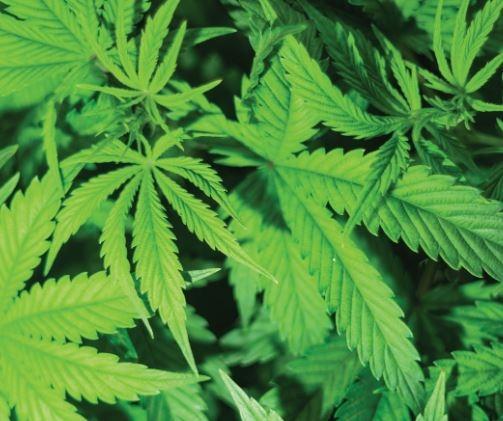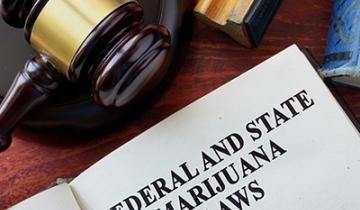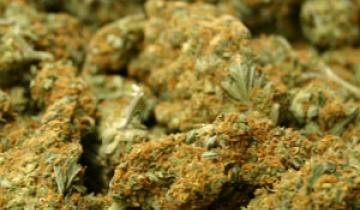On June 2, Minnesota Governor Tim Walz signed a House file intended to provide clarity about what is deemed a trace amount of hemp-based THC and how it may be legally consumed.
Does this mean all marijuana is now legal in Minnesota?
Medical marijuana use is legal in Minnesota, but only if purchased from designated sources in the state. The recent clarification allows for the sale of food and beverages made with limited amounts of hemp-derived THC (including Delta-9 THC), and specifies that it may only come from hemp, not marijuana, plants. The law does not allow for smoking or vaping any form of THC.
Although Minnesota has legalized trace amounts of hemp-based THC, that does not supersede federal law requirements. For example, DOT testing is a federal requirement and still requires a negative test result.
What does this mean for employers?
Employers in Minnesota may already have policies in place addressing the use of THC for medical purposes. Multistate employers will need to be aware of how this impacts policies and the enforcement of company-wide testing requirements. General policies may need to include addendums for states where the law differs from a general policy. The following should be reviewed:
- Preemployment testing. Most drug tests do not specify the level of THC—they detect only the presence of the substance. Although the consumed amount may be within legal limits, most tests do not provide that level of detail. Consequently, preemployment testing may limit the number of qualified candidates, but may also pose discrimination and accommodation issues with candidates legally consuming products for medical reasons. Refusing to hire someone based on a positive THC result may put the employer at risk. In cases such as this, it is advised that an employer allows for an accommodation for any candidate who is able to provide a medical marijuana card and states the result is related to a health condition. Employers are cautioned against asking questions related to the specific health condition.
- Reasonable suspicion or post-accident. While this law allows for the legal use of hemp products during free time, it is not legal for employees to be under the influence while working. Employers are advised to consider implementing a policy and procedure to follow when an employee is suspected of being under the influence while performing work-related duties. This may include a checklist/report, interview, or obtaining other documentation supporting the administration of a drug test for reasonable suspicion.
- Safety-related or random drug testing. Under Minnesota law, employers must provide employees with a written notice advising of the right to explain a positive test result. The employee must also be provided with an opportunity to explain the result. As with preemployment testing, employers may be in a position to learn specific information related to an employee’s health. Employers will need to carefully evaluate the information provided and consistently make decisions that are not discriminatory nor violate the law in any way.
Next steps for employers
Employers may wish to review current policies to ensure they include the necessary provisions. Providing all employees an opportunity to explain positive test results, regardless of the reason for testing, may help employers avoid discrimination claims in instances where THC is consumed legally. In some cases, a reevaluation of drug testing programs may be appropriate, especially as more states legalize marijuana for medical or recreational purposes.
For more information on how this may change your policies or may lead to discrimination, contact MRA’s 24/7 HR Hotline at 866-HR-Hotline (866.474.6854) or [email protected].
Resources: Ogletree Deakins, Twin Cities Business





